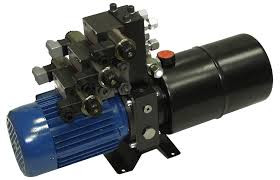记忆方法
记忆“hydraulic”这个单词,可以将其拆分为“hydro”和“-lic”。将“hydro”与水(water)关联,而“-lic”常常表示与液体相关或具有液体特性的意思。想象一个装置或系统(如泵或系统)是用水驱动的,这样可以帮助记忆“hydraulic”指的是水力或液压的。
以上内容由AI生成, 仅供参考和借鉴
中文词源
hydraulic 水力的,液压的
来自希腊语hydraulikos,水管,水道,来自hydor,水,词源同water,aulos,管道,词源同alveolus.如现西班牙古城塞哥维亚(Segovia)修建于古罗马时期距今已2000余年的输水道。引申词义水力的,液压的。
英语词源
- hydraulic (adj.)
- c. 1600, from Greek hydraulikos organon "water organ," from hydr-, stem of hydor "water" (see water (n.1)) + aulos "musical instrument, hollow tube" (see alveolus). Extended by the Romans to other kinds of water engines.
权威例句
- 1. Hydraulic jacks under the machine produce the movement.
- 是机器下面的液压千斤顶造成的移动.
- 2. The boat has no fewer than five hydraulic pumps.
- 这艘船配有不少于5个液压泵。
- 3. A group of apprentics were operating the hydraulic press.
- 一群学徒正在开动水压机.
- 4. Servos for large radars and launchers are either electro - hydraulic or all - electric.
- 大型雷达和发射装置的伺服系统,不是电动 - 液压式的,就是全电动式的.
- 5. The hydraulic system comprises a master cylinder and the slave cylinders.
- 液压系统包括一个主缸和一些辅助缸.
